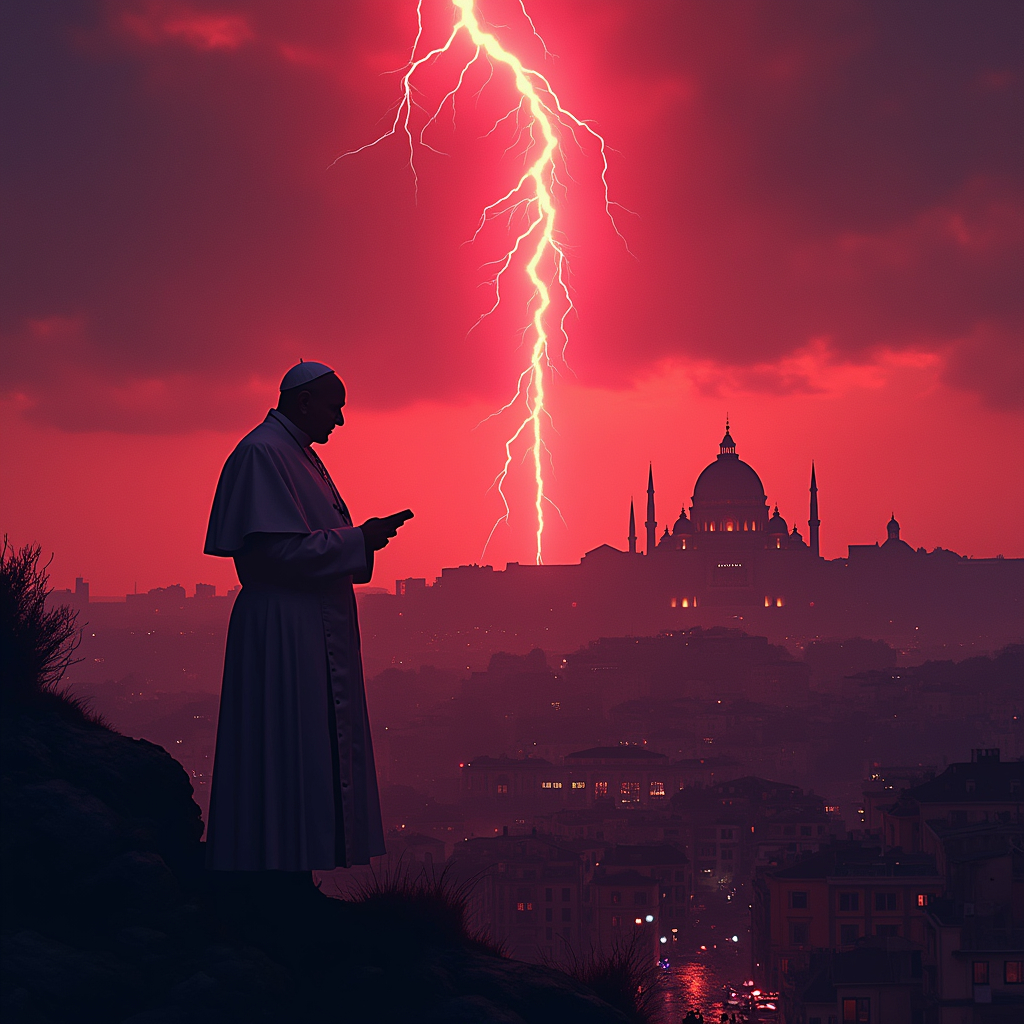On April 21, 2025, the Pope Francis death 2025 shocked the world, as the 88-year-old pontiff succumbed to pneumonia. Known for his humility and reforms, Francis left a profound legacy. However, his passing has revived chilling prophecies by Saint Malachy and Baba Vanga, predicting a “seven-hilled city’s” fall. For example, Malachy’s “Prophecy of the Popes” foretells a “Peter the Roman” and Rome’s destruction. Social media, especially X, buzzes with speculation: is this the end? At NovexaHub’s News category, we explore Francis’ passing, its prophetic ties, and what’s next.
Pope Francis Death 2025: Global Mourning
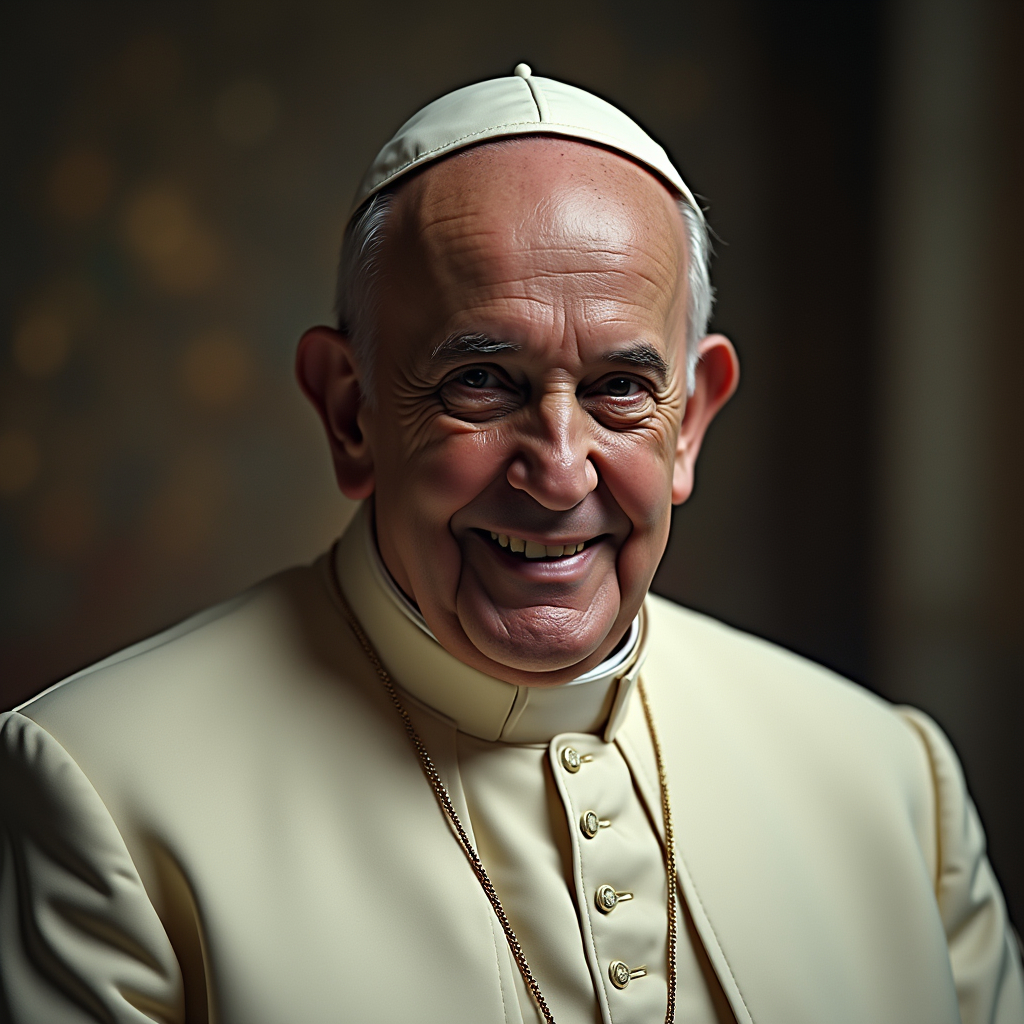
The Pope Francis death 2025 occurred at Vatican’s Casa Santa Marta, confirmed by Vatican News. Elected in 2013, Francis championed climate action and social justice. His battle with pneumonia since February 2025 ended, prompting tributes from leaders like U.S. President Kamala Harris. Yet, his passing stirred ancient predictions. On X, users posted, “Is Malachy’s prophecy unfolding?”
Ancient Prophecies and the Seven-Hilled City
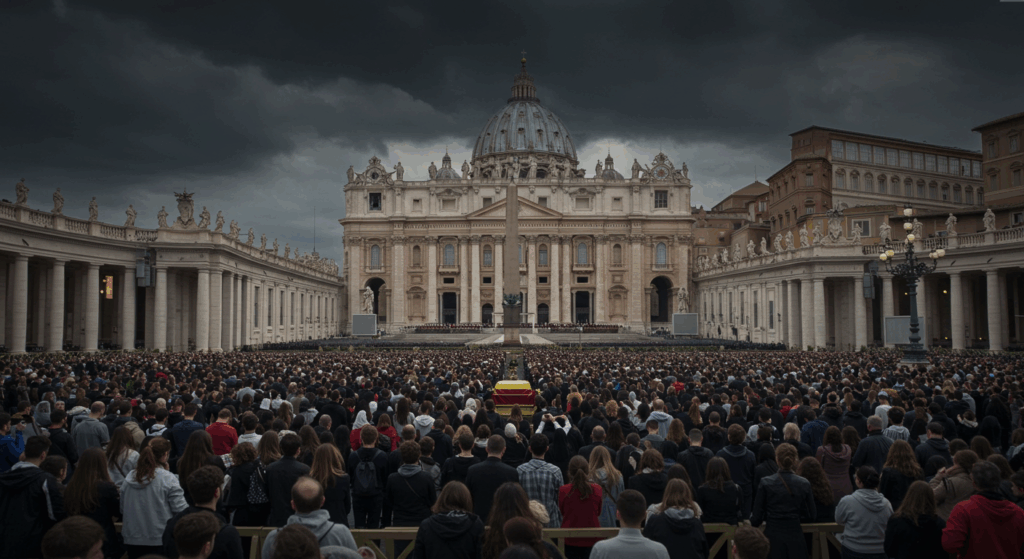
Saint Malachy’s Prophecy
Saint Malachy’s 12th-century “Prophecy of the Popes” lists 112 popes, ending with “Peter the Roman”: “In the final persecution of the Holy Roman Church, there will reign Peter the Roman, after which the seven-hilled city will be destroyed” (Euronews). Some linked Francis to this figure due to his Italian heritage. His passing fuels debates, though skeptics call the prophecy a forgery. On X, users ask, “Is Rome next?”
Baba Vanga’s Visions
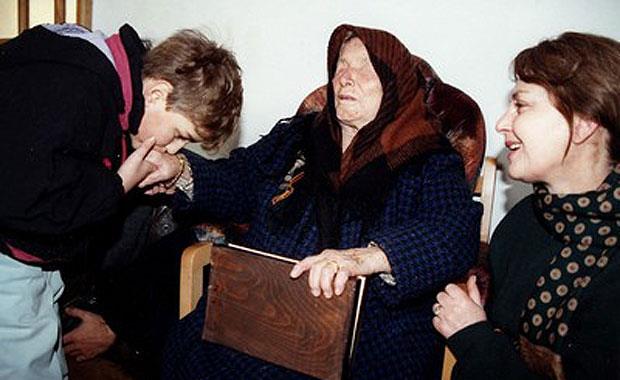
Bulgarian mystic Baba Vanga predicted a church leader’s fall and a “great city’s” ruin in the 2020s. Her followers tie this to the Pope Francis death 2025, citing her forecasts of chaos, like Myanmar’s 2025 earthquakes. Vanga’s predictions gain traction on X, with posts claiming, “She saw this coming!” Her overlap with Malachy’s “seven-hilled city” sparks speculation about Rome or Istanbul.
The Seven-Hilled City Debate

The “seven-hilled city” could mean Rome, built on seven hills, or Istanbul, another seven-hilled city on a fault line (Euronews). Some see a biblical metaphor in Revelation’s “Babylon the Great.” Seismologists warn Istanbul faces earthquake risks, but dismiss prophecy-driven disasters. The Pope Francis death 2025 amplifies these debates, with #SevenHilledCity trending on X.
What’s Next After the Papal Passing?
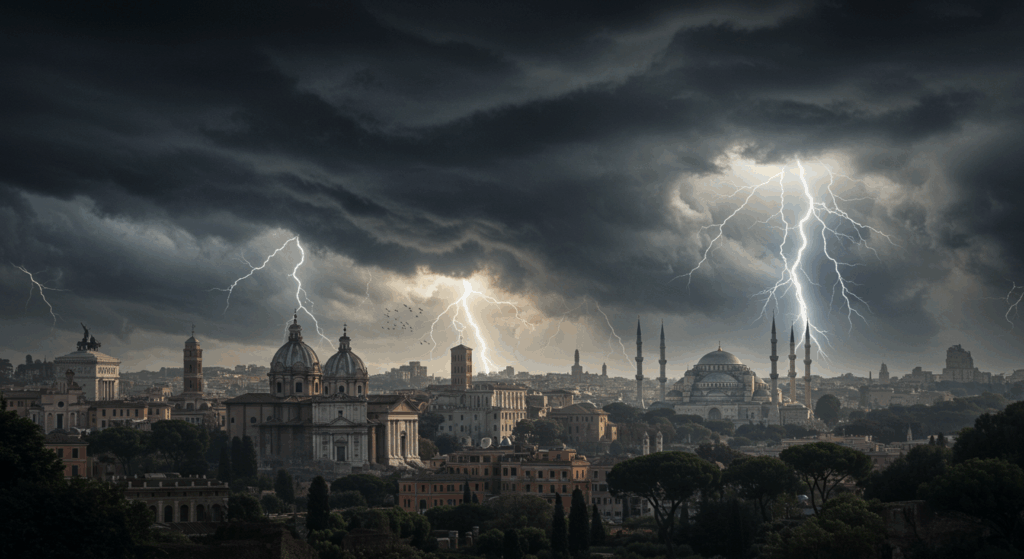
The Vatican prepares for a conclave to elect a new pope, possibly “Peter the Roman.” Malachy’s prophecy suggests Rome or Istanbul’s destruction, while Vanga warns of global chaos. Cardinal Pietro Parolin urges faith, but evangelical groups cite end-times signs. Scientists note Istanbul’s seismic risks but reject apocalyptic claims. This event echoes fears in Solar Storm 2025.
Join the Conversation
The Pope Francis death 2025 has unleashed ancient prophecies and modern fears. Is this the start of the end? Share your thoughts on X with #SevenHilledCity and follow updates at NovexaHub’s News category. What’s next for the world?

